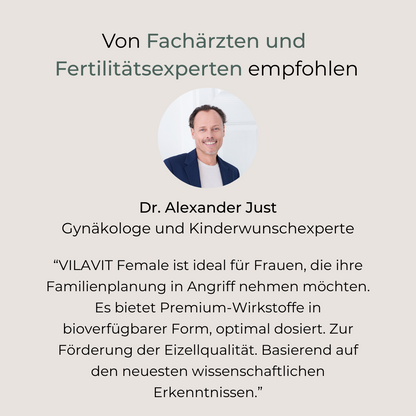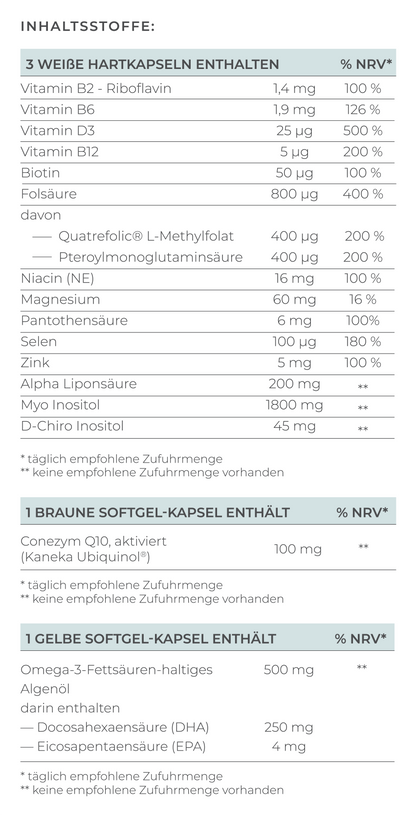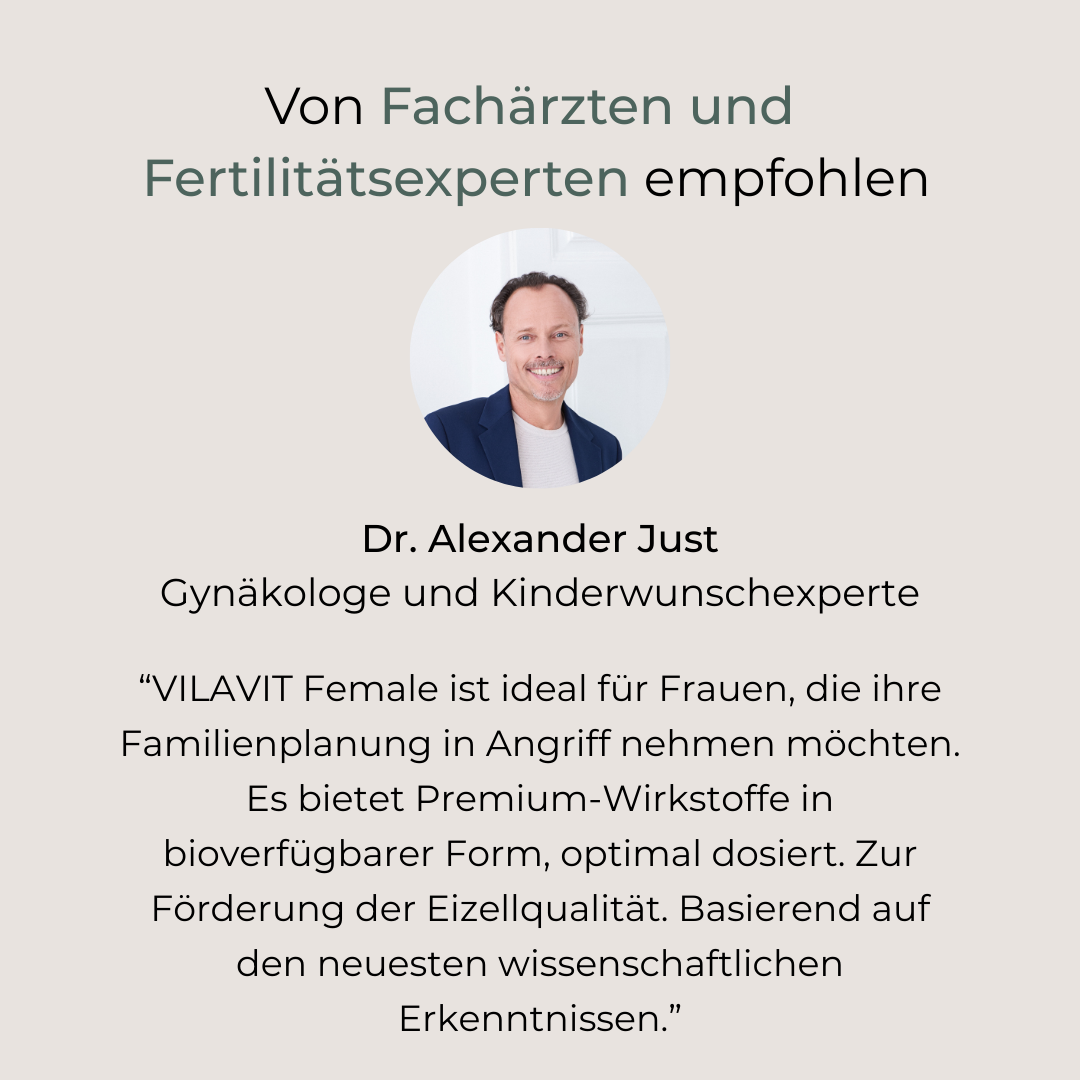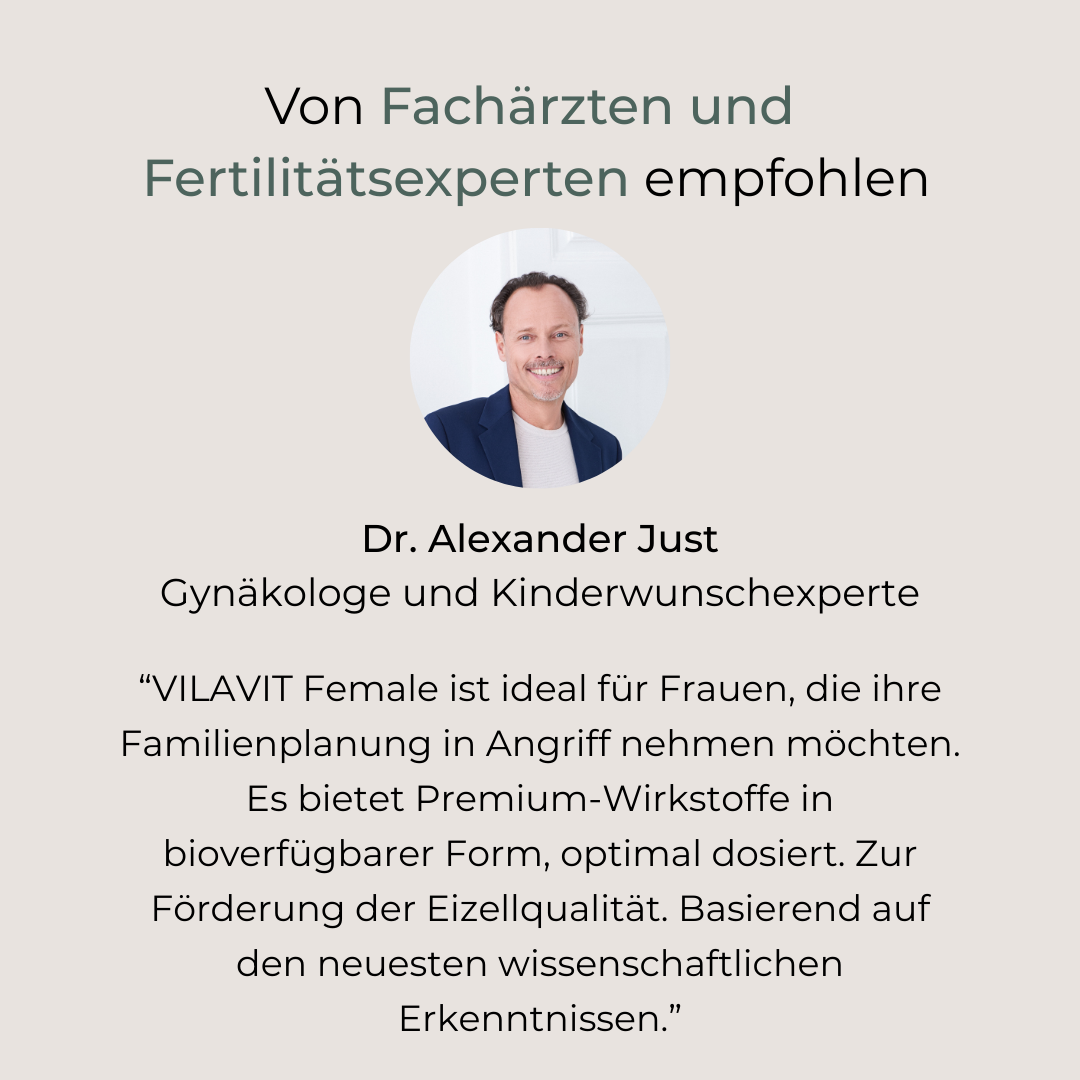Infertility is a complex and emotional issue that presents challenges for many couples. Unfortunately, there are many myths and misconceptions about the causes and treatment options for infertility. In this blog post, we will debunk common myths about infertility and shed light on the facts to create a better understanding of this topic.
Myth 1: Infertility only affects women
Unfortunately, this is one of the most common myths. Infertility can affect both men and women. Male infertility accounts for around 50% of cases, often due to poor sperm quality or too low sperm count. Scientific studies show that sperm concentration worldwide has decreased by around 50% since the 1970s!
That is why it is important for both men and women to undergo medical examinations if they experience difficulties in conceiving.
Myth 2: Infertility is a rare disease
Infertility is common and affects many couples around the world. According to the World Health Organization (WHO), around 1 in 6 couples have difficulty conceiving naturally. It is a taboo subject in our society that should be discussed more openly to raise awareness and provide support to those affected.
Myth 3: After a successful pregnancy, it will work the next time too
A common misconception is that someone who has already had a pregnancy should not have any more fertility problems. However, there can also be cases of "secondary sterility". This occurs when couples try unsuccessfully to conceive for a year after a first pregnancy or when they experience repeated miscarriages.
The causes can vary. Age plays an important role. Between the mid-30s and 40s, fertility can decrease rapidly within a few years. In addition, complications such as curettage, injuries or infections after the first birth can also be considered as reasons.
Myth 4: Once you are infertile, you will remain so forever
Infertility is not a fixed diagnosis. The causes can be varied and change over time. With advances in medicine and the right treatments, many couples can increase their chances of becoming pregnant.
A well-balanced diet and optimal supply of micronutrients can have a positive effect on fertility.
Scientific studies show that certain nutrients such as omega-3 fatty acids, bioavailable coenzyme Q10, vitamin D, selenium and numerous antioxidants promote egg and sperm quality. These can be supplemented by taking high-quality nutritional supplements.
An active lifestyle with a healthy body weight can also have a positive effect on fertility.
Myth 5: Healthy nutrition alone improves fertility
Scientific studies show that taking certain nutrients can support fertility in men and women. Often, even a balanced diet cannot cover this increased nutrient requirement. Therefore, the additional intake of micronutrients makes sense.
However, conventional, often cheap fertility preparations often do not contain the right nutrients or only contain inferior nutrients. The ingredients are usually only present in an ineffective dosage.
It is therefore essential to take fertility preparations containing all relevant micronutrients to promote egg and sperm quality in their bioavailable form, optimally dosed and of the highest quality.
Myth 6: Infertility is only caused by stress
Stress can have a negative impact on fertility, but it is not always the sole cause of infertility. It is important to consider other potential factors such as hormonal imbalances, infections or anatomical problems.
Before you start your journey to have children, you should see your doctor. This is important to clarify your reproductive health and identify any medical impairments.
Myth 7: The man’s age has no influence on fertility
Unlike women, who have a limited number of eggs, men constantly produce new sperm. As a result, the topic of male fertility has often been pushed into the background. However, scientific studies have shown that a man's age does have an influence on fertility.
As we age, sperm quality declines and genetic changes may occur. The risk of genetic abnormalities in children and pregnancy complications increases with the age of the father. Studies have shown that there is an increased risk of miscarriage if the father is over 40 years old.
It is important that both men and women take the issue of fertility seriously and are aware that age plays a role for both sexes.
Myth 8: Women cannot influence egg quality
There are various factors that can influence egg quality, both positively and negatively.
Lifestyle: A healthy lifestyle can improve egg quality. A balanced diet, regular exercise and sufficient sleep can have a positive effect.
Optimal nutrient supply: Most women only start taking nutrients once they become pregnant. However, in order to optimize the chances of conception, it is crucial for both men and women to start taking a high-quality fertility product at least three months before the planned conception.
In women, this supports the maturation process of the egg cells and their quality. In men, this can significantly improve the number and quality of sperm.
Avoid smoking and alcohol consumption: Nicotine can lead to less oxygen being transported to the reproductive organs. This affects the quality of the eggs and sperm. Alcohol can also have a negative effect on hormone production.
Avoid stress: Chronic stress can affect fertility, including egg quality. In the long term, stress causes increased cortisol levels and a cascade of hormonal imbalances, which in turn negatively affect the menstrual cycle, ovulation and implantation.
Conclusion
If you are struggling with infertility, it is advisable to consult professionals and experts to obtain a targeted diagnosis in order to define the optimal treatment option and thus pave the way to a possible pregnancy.



































